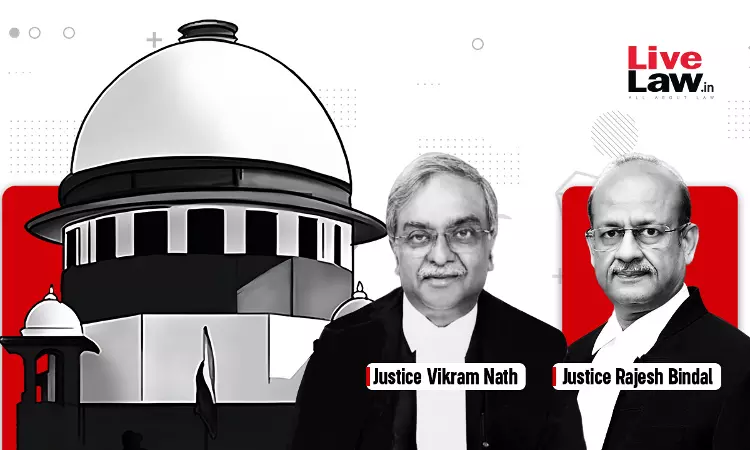UAPA| Terrorism Cases Not To Be Taken Lightly: Supreme Court Sets Aside Default Bail
Debby Jain
4 Jan 2024 6:44 PM IST

Next Story
4 Jan 2024 6:44 PM IST
In a case pertaining to grant of default bail to a person accused under the Unlawful Activities (Prevention) Act, 1967 (“UAPA”), the Supreme Court yesterday allowed an appeal filed by the Delhi police, observing that the High Court fell in error in granting default bail and should not have taken the matter so lightly. A Division Bench of Justices Vikram Nath and Rajesh...
